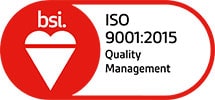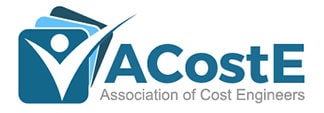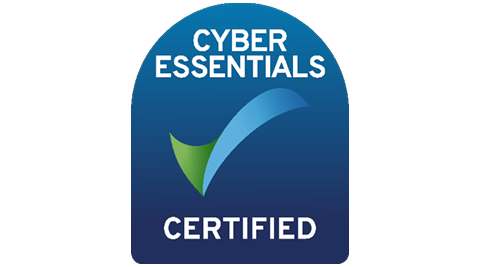Understanding Security Clearance Requirements in the Nuclear and Defence Sectors
The nuclear and defence sectors are critical to the UK's national security, and the recruitment of professional staff in these areas often necessitates stringent vetting processes. For individuals seeking employment in these industries, understanding the types of security clearance required is essential. Below, we explore the main security clearances, their purposes, and what they entail.
1. Baseline Personnel Security Standard (BPSS)
While not a formal security clearance, BPSS acts as the foundational level of vetting. It verifies the following:
- Identity: Confirming the applicant’s personal identification.
- Right to Work: Ensuring the individual is legally eligible to work in the UK.
- Employment References: Checking previous work history.
- Criminal Records: Conducting a basic DBS check.
BPSS is commonly required for roles involving access to client systems or certain types of confidential information. It is the first step for individuals pursuing higher levels of security clearance. However, BPSS checks are not transferable between employers
2. Counter-Terrorist Check (CTC)
A CTC is designed to prevent individuals with potential links to terrorist organisations or those susceptible to coercion from accessing sensitive information or undertaking security-critical duties.
Key Features:
- Duration: Typically takes six months to process.
- Validity: Lasts for three years.
- Residency Requirement: Applicants must have been UK residents for a minimum of three years.
- Interview: An interview with the investigating body may be necessary.
CTC clearance is critical for roles that involve safeguarding sensitive information against potential terrorist threats.
3. Security Clearance (SC)
Security Clearance (SC) is one of the most common forms of vetting for roles in the nuclear and defence sectors. It allows individuals to access classified information at the Secret level.
Key Features:
- Processing Body: Applications are handled by UK Security Vetting (UKSV).
- Sponsor Requirement: A sponsor, usually the employing organisation, is needed to initiate the clearance process.
- Eligibility: Must be a British national, or hold nationality from an allied country. Dual nationality may be accepted but is subject to the nature of the work. UK residency for at least five years is typically required.
- Duration: SC is valid for: Five years for contractors. Ten years for permanent employees.
- Processing Time: Generally takes 6–12 weeks, but this can vary.
SC clearance is not automatically transferable between organisations and may require revalidation for specific roles or projects.
4. Developed Vetting (DV)
Developed Vetting (DV) is the highest level of security clearance and is required for access to Top Secret information. It is significantly more thorough and intrusive than SC.
Key Features:
- Processing Body: Handled by UKSV.
- Eligibility: UK residency for a minimum of ten years is mandatory. Non-British and dual nationals may be considered in rare cases, but roles requiring DV are often limited to British nationals for security reasons.
- Duration: Clearance is valid for five years.
- Processing Time: Can take up to six months.
Given its intrusive nature, DV is reserved for roles with the highest levels of sensitivity.
Why Is Security Clearance Important?
Security clearance ensures that individuals in sensitive roles meet strict vetting standards to safeguard national security. Employers in the nuclear and defence sectors rely on these clearances to verify an individual’s reliability, integrity, and suitability for accessing classified information. For professionals, obtaining the necessary clearance is not only a prerequisite for employment but also a demonstration of trust and credibility.
At Scantec, we understand the complexities of security clearance and the importance of matching candidates with roles that suit their expertise and vetting level. If you are seeking opportunities in the nuclear or defence sectors, our team is here to guide you through the recruitment process and help you understand the requirements for your desired role.
For further information, visit info@scantec.co.uk






